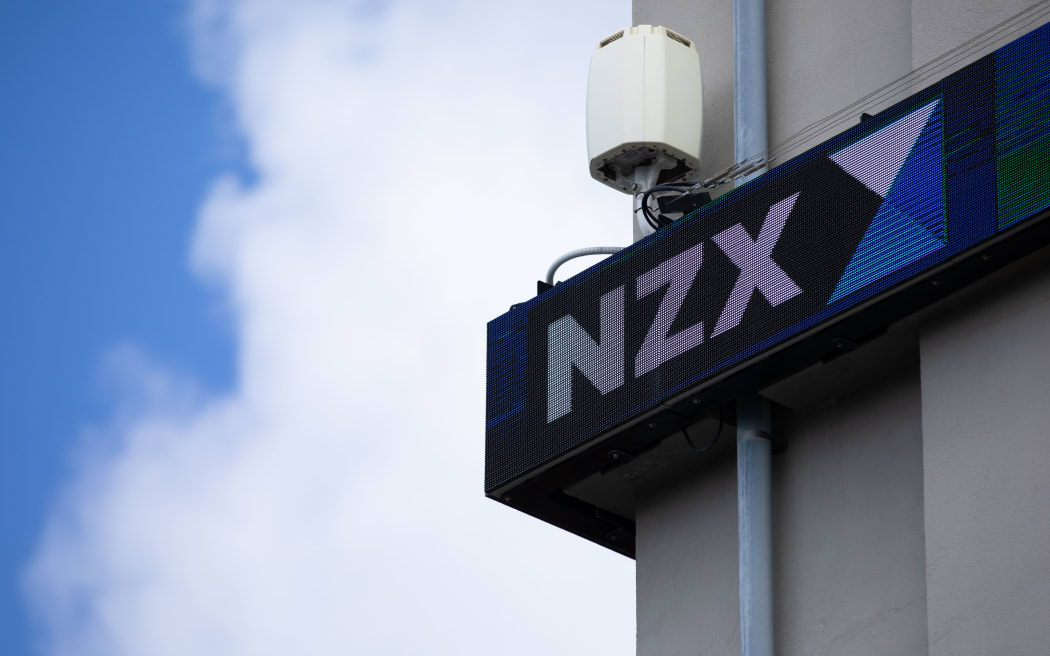Technology is quickly becoming critical to everyday life for over 50s in New Zealand, with the average senior spending a fifth of their day (5.3 hours) connected to their devices. Further, nearly one in two (47%) agree that it would be hard to manage without access to digital technology, and two in three (65%) claim it helps them go about their day-to-day.
Additionally, ninein 10 (91%) New Zealand seniors are using technology more today than a year ago, withonein two(46%) claiming to be ‘tech savvy’, according to new research. The Digital Trends Report 2022, commissioned by New Zealand Seniors in partnership with consumer research group CoreData surveyed 1,129 New Zealanders over 50touncover their appetite and enthusiasm for digital technology.
Pandemic boosts digital confidence
COVID-19 hasincreased seniors’ dependenceon technology, with two in five (41%) saying they have embraced modern technologies more due to their experiences through the pandemic. Further, more than half(54%) agree that the pandemic has changed the way they use technology to communicate with people.

Chief Executive of Age Concern, Karen Billings-Jensen, commented on this shift: “During the series of lockdowns in New Zealand, Age Concern supported Kiwi seniors with ordering groceries and prescriptions and paying their bills online. It was also an important time for us to help them stay connected with friends and family, their healthcare providers and support agencies like Age Concern. We didn’t want people feeling isolated or alone; we are all about helping our seniors feel connected, belonged and included. This is why getting the right level of digital support to the right people at the right time is key.”
Thepandemic has also cut their learning curve, with two in three (65%) saying they can keep up with future technological innovation. Over 50s are also open to embracing emerging technologies, with three in four (77%) saying they will always consider adopting new technology.
Lives significantly enriched
Apart from an increase in confidence, seven in 10 (72%)admit that technology has made it possible for them to be more self-reliant. Similarly, sevenin 10 (71%) agree that technology helps them to be more independent. They also identified digital technology as mosthelpful inassisting them tostay across news updates (64%), making shopping convenient (51%), accessing medical services online (43%) and reducing their loneliness (31%).
Most seniors think that technology has assisted them with connecting with many types of people and essential services in their lives, namely family (81%), friends (77%), particular interest or hobby groups (35%) and community groups (31%).
Social media and telehealth uptake
Digital technology is helping to facilitate the social lives of those over 50.More than half (57%) say one of the greatest benefits oftechnology is keeping them connected,and improving their daily life. Social media plays a pivotal role, with nearly ninein 10 (89%) seniors engaging with social media platforms. On average, they have two social media accounts, andtheir average time spent on social media is 9.3 hours a week.
With so many aspects of their lives now taken care of by digital technology, those over 50s are increasingly receptive to using telemedicine to satisfy their healthcare needs, with as many as fourin five(78%) thinking there will be a significant increase in the adoption of telemedicine. Seniors believe that some of the greatest advantages of telemedicine are the time they can save from travelling and waiting (59%), the convenience and safety of remaining at home (51%) and avoiding exposure to illnesses from other patients (49%).
Challenges seniors face using technology
In contrast, half of the respondents (50%) feel they are left behind by modern technology. Curiously, dealing with stereotypes from others about their capabilities is a challenge for less than one in five (19%) over 50s surveyed. The most extraordinary challenge seniors face when using technology issafety and security (69%), followed by understanding how it works (65%), the constant learning curve of keeping up with the change (61%) and the cost that goes into buying devices, programs and apps (56%).
Technology now plays a fundamental role in the lives of most New Zealand seniors, who have been rapidly increasing their use of digital technology. While they are often humble about their abilities, they espouse keeping up with the times. And when challenges and frustrations with technology use arise, over 50s feel that more available support will help those less familiar with the technologyto ensure their day-to-day needs can continue to be met.
Karen Billings-Jensen commented on how the seniors community are overcoming stereotypes and other barriers by expanding their digital literacy: “Older people, like people of any age, can learn new skills. Our seniors need the opportunity to acquire and expand their digital literacy as most of them, aged 65 and above, are digital immigrants, which means they did not grow up using the technology available today. Age Concernadapted our services quickly during the New Zealand lockdowns. One example was to make available our Steady As You Go exercise classes on YouTube. We also run digital literacy programmes across New Zealand for anyone wanting support to upskill. Some of these are one-to-one and intergenerational while others are conducted in group settings where seniors can come along with their buddies and learn face-to-face, which is great for bonding too.”
Further insights from the research can be found on the New Zealand Seniors website.











